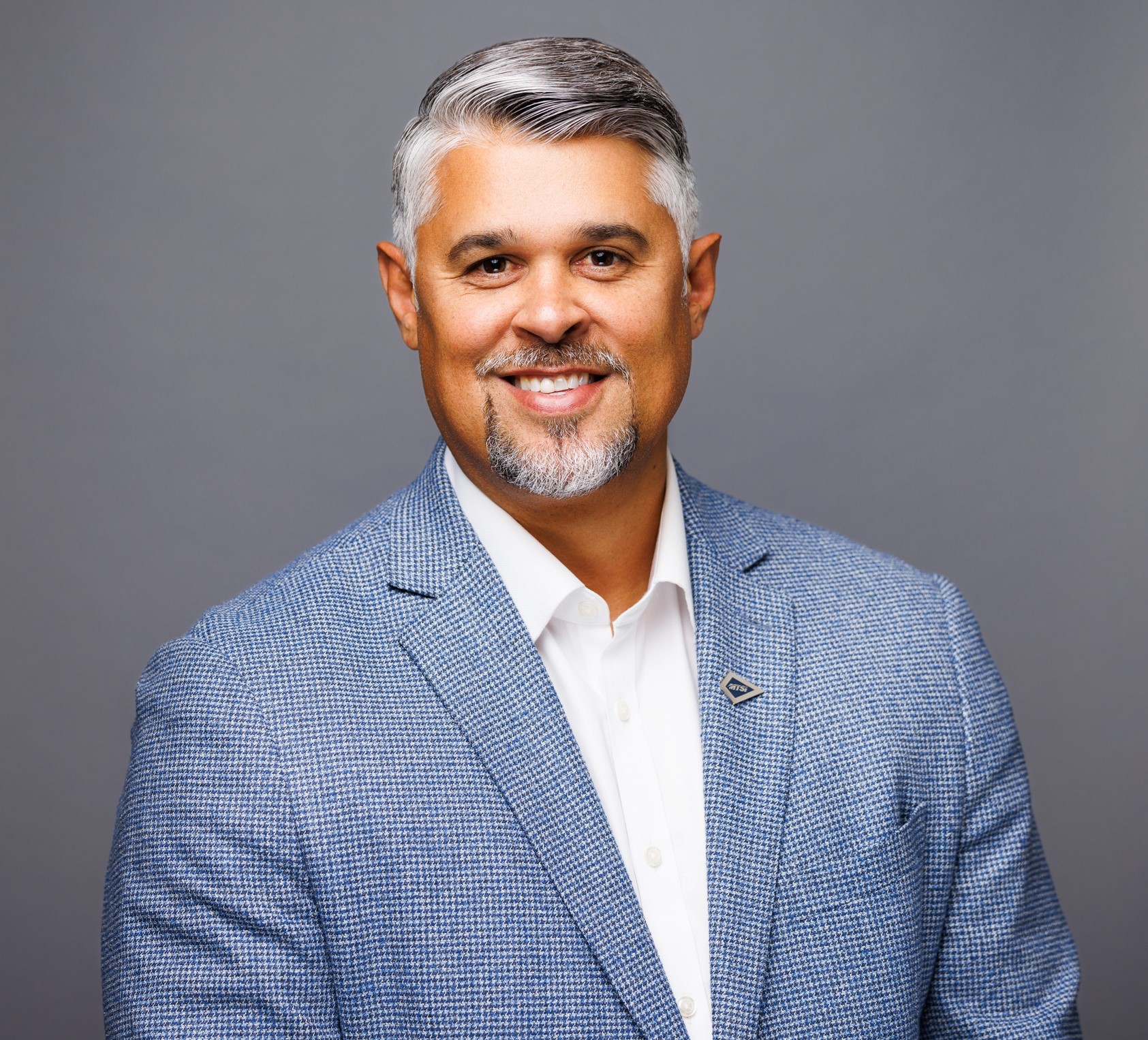
Juliana Vida
Group Vice President
Splunk
Executive Spotlight: Juliana Vida, GVP & Chief Strategy Advisor at Splunk
Juliana Vida, group vice president and chief strategy advisor for Splunk’s public sector business, recently spoke with Executive Mosaic about her career accomplishments thus far, the values at the heart of her leadership strategy and the skills she employs to navigate the evolving government contracting industry. Vida has been with Splunk for four years, and prior to her current role she spent three years at Gartner and more than 27 years in the U.S. Navy.
What can you tell us about your background and how you’ve been able to adapt to the ever-changing challenges of the federal landscape over the course of your career?
Sort of on a fluke I enlisted in the Navy with my twin sister at age 17. My intent was to learn Russian and become a spy and also qualify for GI Bill education benefits so I could leave the Navy and attend a college or university my parents couldn’t afford. But after finishing boot camp, graduating at the top of my class in Russian at Defense Language Institute in Monterey, CA and then gaining acceptance to the U.S. Naval Academy, I was hooked.
I was a ‘lifer’ and wound up serving for 24 years, retiring as a commander. I welcomed and thrived in the fast-paced, often stressful, incredibly challenging and exciting worlds driving combatant ships and flying helicopters before pivoting to technology. I was incredibly fortunate to be a member of the first graduating class of USNA, whose female graduates could legally serve in traditional warfighting communities.
Except submarines and SEALs, I had the same opportunities to train, fight and serve as my male counterparts. That, of course, required insane amounts of grit and determination I never knew I had in high school and as a young enlisted sailor. To survive, compete and perform, I had to constantly develop thick skin, foster an ability to build trust relationships needed to learn from others and demonstrate flexibility in constantly evolving situations and scenarios. These have all served me well in the broader federal landscape and the innovative and competitive software industry.
If your career came to an end tomorrow, what would you say have been the most significant accomplishments of your career? Where do you feel you made the most impact?
No question, my biggest impact has been at the personal level, lifting others up and encouraging them to reach for goals they often didn’t have the confidence to do on their own. I am proud to be a living example of the late Maya Angelou’s famous saying that people will forget what you did and what you said, but they’ll never forget how you made them feel.
From their direct feedback and my own observations, people I’ve led, mentored, supported and championed in the past have told me I made them feel seen, important, valued, inspired, hopeful, encouraged and a host of other descriptors that all reflect goodness. It’s an incredible feeling to know that despite my own lack of confidence early in my career and even sometimes now, I’ve had a positive impact on others so they can be their best selves and bring their gifts and talents to the world.
What are the core values that you believe are essential to build a great team and establish a foundation to drive success in such a competitive industry?
- Honesty and trustworthiness. With today’s dizzying innovation and complexity, building relationships for collaboration and idea sharing is absolutely critical. Being a person of integrity, and expecting the same of others particularly in leadership positions, is essential. I’m certainly not perfect and have made my share of mistakes. However, this mantra guides me daily as the leader I strive to be: live in such a way that if someone spoke badly of you, no one would believe it.
- Humility. For many reasons including rapid technology innovation, globalization and the 24-hour news cycle, it is literally impossible for any leader to keep up on all the knowledge required for their team or business to succeed. Humbly recognizing the value in others’ ideas and contributions, and actively seeking their input leads to not only your own elevated learning, but also stronger relationships with those whose talents you appreciate and amplify.
- Self awareness. Leaders are human, meaning we have weaknesses and inherent biases. Unchecked, these can lead to poor hiring decisions which will eventually have a negative impact on a team’s productivity, success and morale. Having self awareness is the first step to mitigating our own limitations, allowing ourselves to seek and consider diverse viewpoints that can balance and compliment our own.

Category: Member News




